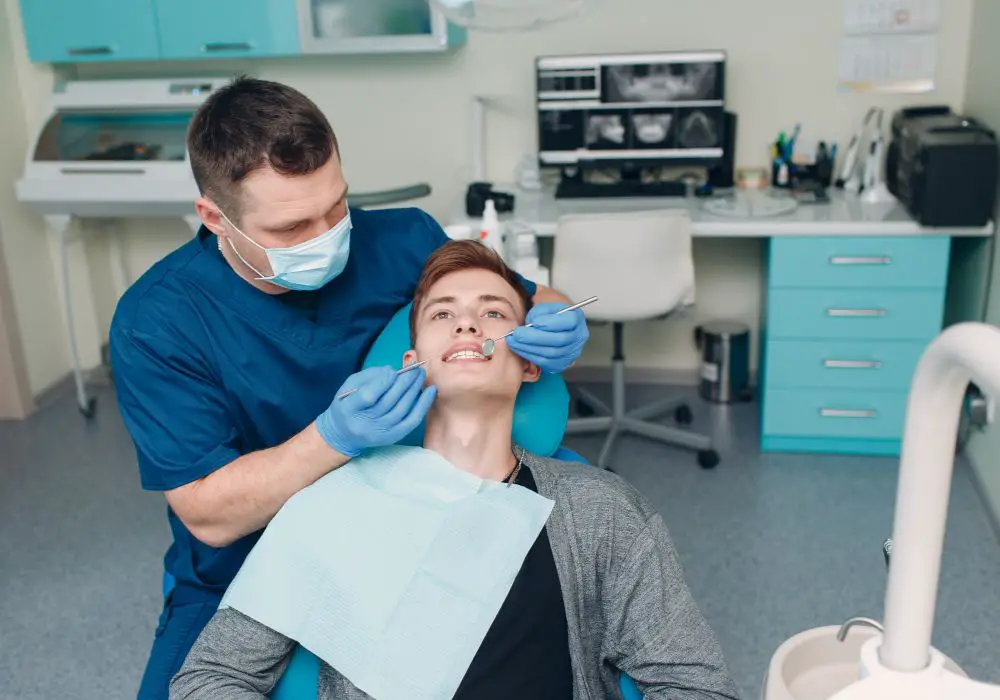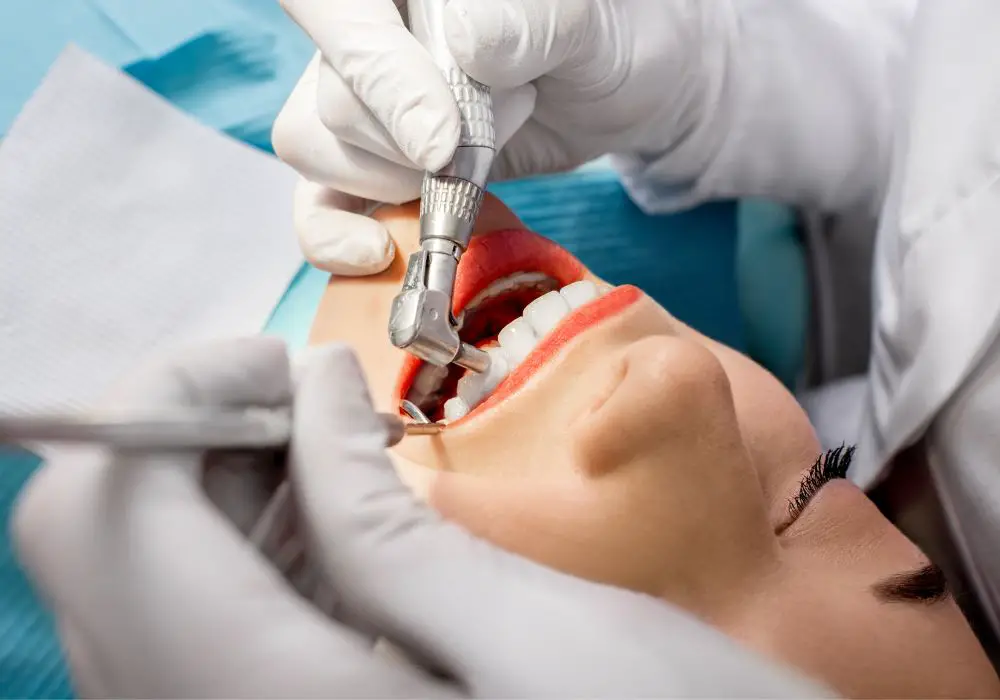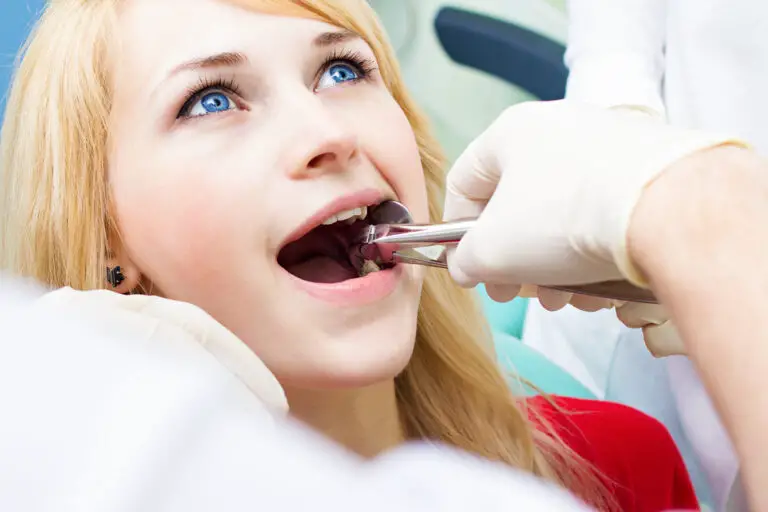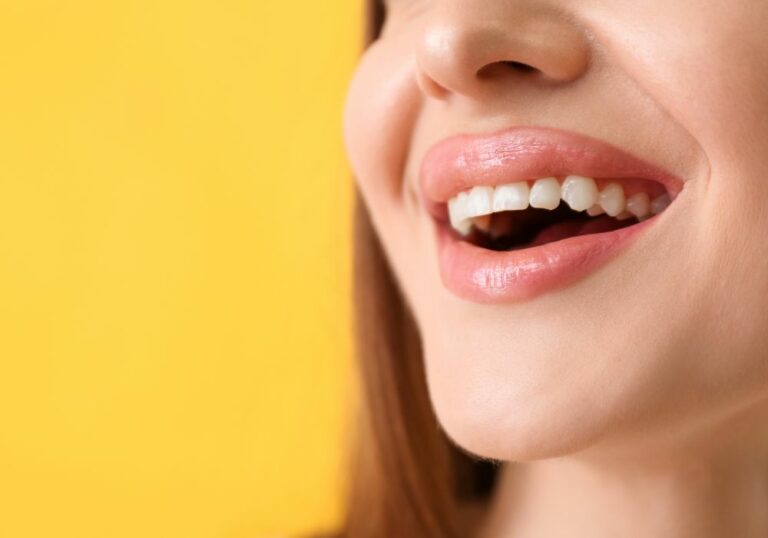Are you wondering if teeth scraping hurts? If so, you’re not alone. Many people are apprehensive about visiting the dentist because they fear pain during dental procedures. Teeth scraping, also known as scaling, is a common dental procedure that involves removing plaque and tartar buildup from your teeth and gums. While the idea of scraping your teeth may sound uncomfortable, the procedure is typically painless.
During teeth scraping, your dentist or dental hygienist will use a special tool to remove plaque and tartar from your teeth and gums. This tool is designed to gently scrape away buildup without harming your teeth or gums. While you may feel some pressure during the procedure, it is generally not painful. Your dentist may also use a local anesthetic to numb your gums if you have sensitive teeth or gums.
Overall, teeth scraping is a safe and effective way to maintain good oral health. If you’re still concerned about pain during the procedure, talk to your dentist. They can help you understand what to expect during the procedure and provide tips for managing any discomfort. Remember, regular dental visits and teeth scraping can help prevent more serious dental problems down the road.
Understanding Teeth Scraping

If you are experiencing gum disease, your dentist may recommend teeth scraping, also known as scaling and root planing, to help remove plaque and tartar buildup from your teeth and gums. This process can help prevent tooth loss and other serious dental problems. Here’s what you need to know about teeth scraping.
What Is Teeth Scraping?
Teeth scraping is a dental procedure that involves removing plaque and tartar buildup from your teeth and gums. Your dentist will use a special tool to scrape away the buildup, which can help prevent gum disease and tooth decay.
During the procedure, your dentist will use a local anesthetic to numb your gums and teeth, so you don’t feel any pain. The procedure can take anywhere from one to four visits, depending on the severity of your gum disease.
Why Is It Done?
Teeth scraping is typically done to treat gum disease, also known as periodontitis. This condition occurs when bacteria in plaque and tartar buildup on your teeth and gums, causing inflammation and infection.
If left untreated, gum disease can lead to tooth loss, bone loss, and other serious dental problems. Teeth scraping can help remove the buildup and prevent further damage to your teeth and gums.
Overall, teeth scraping is a safe and effective way to treat gum disease and prevent dental problems. If you are experiencing symptoms of gum disease, such as bleeding gums, bad breath, or loose teeth, talk to your dentist about whether teeth scraping may be right for you.
The Process of Teeth Scraping
If you are wondering whether teeth scraping hurts, it is important to understand the process of teeth scraping. Teeth scraping, also known as dental scaling, is a common dental procedure that helps to remove tartar and plaque buildup from your teeth. Here is what you can expect during the process of teeth scraping.
Preparation
Before the teeth scraping procedure, your dentist will examine your teeth and gums to determine the extent of the buildup. They may also take X-rays to check for any signs of decay or other dental issues. If you have any concerns or questions about the procedure, be sure to ask your dentist beforehand.
Procedure
During the teeth scraping procedure, your dentist will use a dental scaler to remove the tartar and plaque buildup from your teeth. The scaler is a small metal tool with a sharp end that is used to scrape the buildup from your teeth. Your dentist may also use a water scaler to help remove the buildup.
The process of teeth scraping can be uncomfortable, but it should not be painful. If you experience any pain or discomfort during the procedure, be sure to let your dentist know. They may be able to adjust the pressure or use a numbing agent to help alleviate any discomfort.
Aftercare
After the teeth scraping procedure, your dentist may recommend that you rinse your mouth with salt water to help reduce any swelling or discomfort. You may also be advised to avoid eating or drinking for a short period of time after the procedure.
It is important to maintain good oral hygiene habits, such as brushing and flossing regularly, to prevent future tartar and plaque buildup. Your dentist may also recommend that you schedule regular teeth cleaning appointments to help keep your teeth and gums healthy.
In conclusion, teeth scraping is a common dental procedure that can help to remove tartar and plaque buildup from your teeth. While it may be uncomfortable, it should not be painful. If you have any concerns or questions about the procedure, be sure to discuss them with your dentist.
Does Teeth Scraping Hurt?

If you’re scheduled for teeth scraping, you may be wondering if the procedure will hurt. Here’s what you can expect:
Patient Experiences
For most people, teeth scraping is not painful. However, some people may experience discomfort during the procedure. This can be due to sensitive teeth or if the gums are inflamed. If you experience pain during the procedure, let your dental hygienist know. They can adjust the pressure or take a break to make you more comfortable.
After the procedure, you may experience some sensitivity or discomfort. This is normal and should subside within a few days. If you experience severe pain or bleeding, contact your dental office.
Pain Management
If you’re concerned about pain during teeth scraping, talk to your dental hygienist. They can provide local anesthesia to numb the area and make the procedure more comfortable. Additionally, they may recommend over-the-counter pain relievers to manage any discomfort after the procedure.
To minimize discomfort during teeth scraping, practice good oral hygiene. Brush and floss regularly to remove plaque and prevent gum disease. This can reduce the need for deep cleaning and make the procedure more comfortable.
Overall, teeth scraping is a routine dental procedure that is not typically painful. If you experience discomfort, let your dental hygienist know so they can make adjustments to make you more comfortable.
Benefits of Teeth Scraping
Teeth scraping, also known as dental scaling, is a procedure that involves removing plaque and tartar buildup from the teeth and gum line. While it may not be the most comfortable experience, there are several benefits to getting your teeth scraped regularly.
Here are some of the benefits of teeth scraping:
1. Prevents Gum Disease
One of the primary benefits of teeth scraping is that it helps prevent gum disease. Gum disease is caused by bacteria in plaque and tartar buildup, which can lead to inflammation and infection. By removing this buildup, you can reduce your risk of developing gum disease.
2. Improves Oral Hygiene
Teeth scraping can also help improve your oral hygiene. When plaque and tartar are removed, it becomes easier to clean your teeth and gums. This can lead to fresher breath, a brighter smile, and an overall healthier mouth.
3. Reduces Tooth Sensitivity
If you have sensitive teeth, teeth scraping may be able to help. When plaque and tartar buildup is removed, it can reduce the pressure on your teeth and gums, which can alleviate sensitivity.
4. Detects Other Dental Issues
During a teeth scraping procedure, your dentist will also be able to detect other dental issues, such as cavities or gum disease. This can help you catch these issues early on, which can lead to easier and less expensive treatment.
Overall, teeth scraping is an important part of maintaining good oral health. While it may not be the most comfortable experience, the benefits are well worth it.
Potential Risks and Complications

While tooth scraping is generally a safe and routine procedure, there are some potential risks and complications that you should be aware of before undergoing the treatment. Here are a few things to keep in mind:
Gum Irritation
During the scraping process, your dentist may need to apply some pressure to your gums in order to remove tartar buildup. This pressure can sometimes cause temporary gum irritation or soreness. However, this discomfort usually goes away within a few days.
Tooth Sensitivity
After scraping, your teeth may be more sensitive to hot or cold temperatures than usual. This is because the process can remove some of the protective enamel on your teeth, exposing the nerves underneath. This sensitivity is usually temporary and should go away within a few days to a week.
Bleeding Gums
In some cases, tooth scraping can cause your gums to bleed slightly. This is usually nothing to worry about, but if the bleeding persists or becomes heavy, you should contact your dentist right away.
Infection
Although rare, there is a small risk of infection after tooth scraping. Your dentist will take steps to minimize this risk by using sterile equipment and following proper hygiene procedures. If you notice any signs of infection, such as swelling, fever, or pus around the gums, contact your dentist immediately.
Damage to Dental Work
If you have any dental work, such as fillings or crowns, there is a small risk that the scraping process could damage or dislodge them. Your dentist will take care to avoid these areas during the procedure, but be sure to let them know if you have any dental work so they can take extra precautions.
Overall, tooth scraping is a safe and effective way to remove tartar buildup and maintain good oral hygiene. By understanding the potential risks and complications, you can make an informed decision about whether this treatment is right for you.
Frequently Asked Questions
How long does a teeth cleaning typically take?
A typical teeth cleaning appointment can last anywhere from 30 minutes to an hour. However, the duration of the cleaning depends on the amount of buildup on your teeth and the method used by the dentist or hygienist.
Does a deep teeth cleaning cause discomfort?
During a deep teeth cleaning, your dentist or hygienist may use a scaling tool to remove plaque and tartar from your teeth and under your gum line. This process may cause some discomfort, but your dentist or hygienist will do their best to make you as comfortable as possible. If you are experiencing pain, let them know so they can adjust their technique or apply a numbing agent.
Can teeth cleaning help whiten teeth?
Teeth cleaning can remove surface stains caused by food, beverages, and tobacco use. However, it is not a teeth whitening treatment. If you are looking to whiten your teeth, talk to your dentist about professional teeth whitening options.
What are the benefits of getting teeth cleaned?
Getting your teeth cleaned regularly can help prevent gum disease, cavities, and bad breath. It can also help keep your teeth and gums healthy and strong, and detect any potential dental issues early on.
Is it normal to feel sensitivity after teeth cleaning?
It is normal to experience some sensitivity after a teeth cleaning, especially if you have gum disease or your teeth are sensitive to begin with. This sensitivity should go away within a few days. If it persists, talk to your dentist.
Is it safe to have plaque removed from teeth?
Yes, it is safe to have plaque removed from your teeth. Plaque buildup can lead to gum disease and other dental issues, so it is important to have it removed regularly. Your dentist or hygienist will use safe and effective methods to remove the plaque without harming your teeth or gums.







